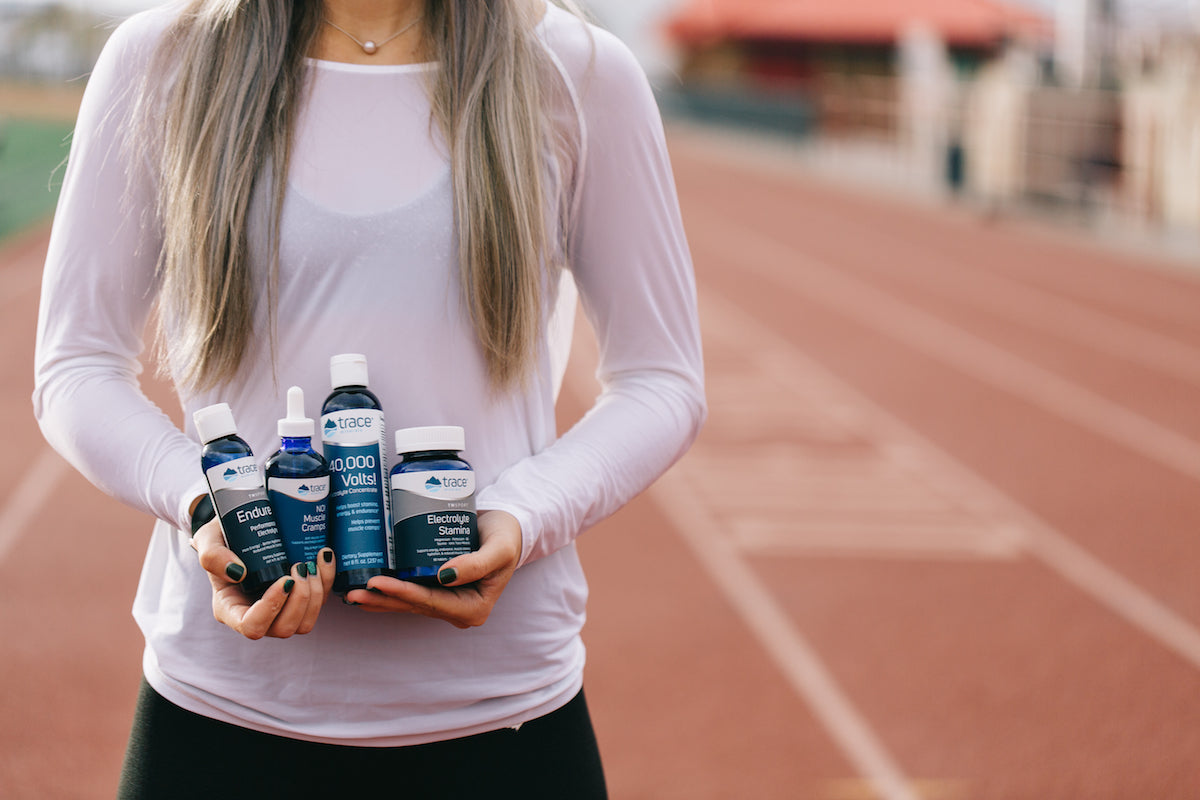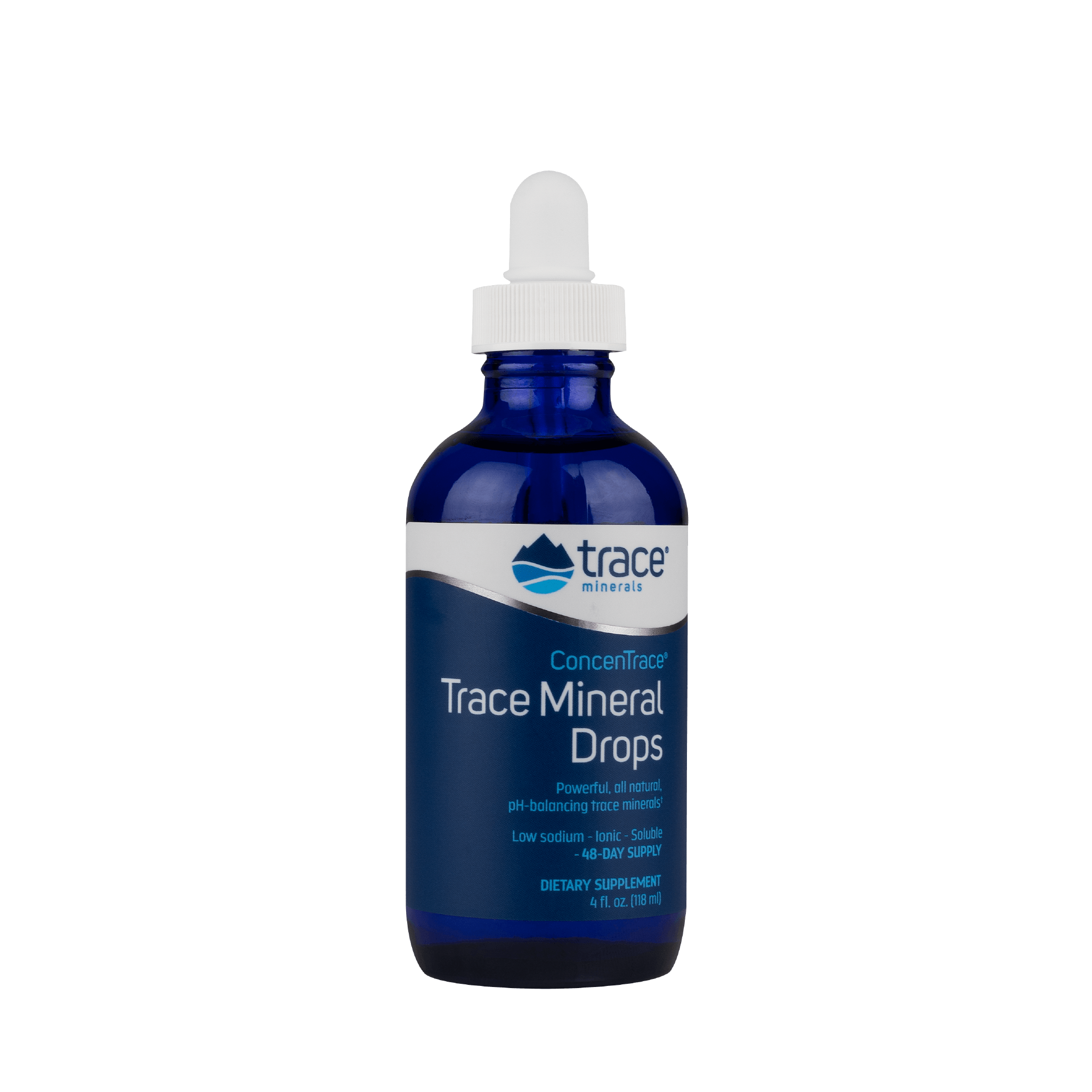Collagen is an essential building block in the skin and other parts of the body. As people age, the levels of natural collagen in their tissues go down, which can cause fine lines and wrinkles to develop. However, you may be able to slow or stop this process naturally by adopting the right lifestyle.
In this post, we first explain what collagen is. We then explore some of the ways you can boost collagen naturally to help your skin look glowing, radiant, and youthful.
What is collagen?
Collagen is a form of protein in the body and is found in many places, including the skin, muscles, bones, blood vessels, tendons, and digestive system. Because of this, optimizing the body’s levels isn’t just for aesthetics: it can also improve your overall health.
According to research, people over the age of 40 lose around 1 percent of their body’s collagen per year. As a consequence, their skin starts to wrinkle, they become more prone to injuries, their bones weaken, and they may experience reduced wound healing.
How does collagen affect the skin?
When collagen levels are high, the skin has a smooth, elastic appearance. Collagen makes it feel bouncy and soft.
As collagen levels decline, though, it begins to sag. Wrinkles start to form because there is no collagen protein plumping them up. Eventually, even the structure of the face and body can start to change because of a lack of collagen.
How to boost collagen
Fortunately, there are a host of methods that let you boost collagen and rejuvenate your skin and body.
Wear plenty Of sunscreen
Spending a long time outside unprotected, particularly in the midday sun, can cause damage that reduces the skin’s ability to reduce collagen. UV radiation damages the cellular machinery that produces skin-plumping proteins, forcing it to work less effectively over time. In fact, the way UV light operates on the body is quite similar to aging.
To reduce skin damage:
- Avoid going outside in the midday sun without shade
- Wear plenty of SPF30+ or above sunscreen on exposed skin
- Wear sunglasses to protect against loss of collagen around the eyes
- Wear clothes that cover your body, even in hot weather
Eat more berries
Adopting an anti-aging lifestyle could be one of the best strategies for reducing collagen depletion. If you can keep your cellular machinery ticking over healthily, reductions in collagen production may not occur as rapidly.
Berries are one of nature’s superfoods and may support collagen production, thanks to their low glycemic index and high vitamin C content. Vitamin C is essential for skin health because it promotes collagen production. If people don’t have enough of the essential nutrients in their diet, they can develop scurvy which, if left untreated, makes the skin appear wrinkled.
Strawberries are extremely high in vitamin C compared to other berries, so if you think you might be deficient, these are your best option. You can also eat more citrus, an excellent source of ascorbic acid, too.
Add red light therapy to your routine
Cosmeticians sometimes recommend red light therapy for enhancing collagen production. Studies show it is an effective way to increase collagen concentrations in the skin.
The technique works by mildly stressing skin cells, just like exercise. By encouraging them to go into housekeeping mode, they can clear out old proteins and get rid of cellular junk. In the process, the upper dermal layer starts looking and behaving more youthfully, reducing the appearance of lines and wrinkles.
With that said, studies documenting the effect of red light therapy on collagen production are still in their infancy. Scientists still aren’t sure which wavelengths work best or how long people should expose themselves to this type of light.
If you are interested in experimenting, you can buy safe red light therapy devices online. Mostly, these are for the face, though whole-body panels are also available.
Use retinol
Retinols are among the most effective ingredients for boosting skin health and making it appear younger for longer. A derivative of vitamin A, regular retinol has been proven to protect the skin from UV radiation and reduce collagen breakdown.
You can apply retinol to the skin directly or consume foods high in vitamin A. Studies have found that both methods are effective. People who ingest high levels of vitamin A-containing foods tend to have more beta carotenoids in their skin, protecting them from sun damage long-term. And those who use retinol have fewer fine lines and wrinkles.
Eat high-antioxidant foods
In the past, researchers believed that antioxidants themselves could prevent aging. The theory was that free radicals (high-energy oxygen particles that result from chemical processes in the body) damage DNA and lead to the destructive oxidation of cellular components over time.
Research, though, found this to be false. Exogenous antioxidants didn’t have much of an effect on rates of aging because their effect was insignificant compared to the body’s own antioxidant defenses.
Even so, consuming high-antioxidant foods remains a powerful way to slow down collagen loss. That’s because these foods contain signaling molecules that tell the body to ramp up its defenses, including its major antioxidants, such as superoxide dismutase (SOD), and glutathione. Over time, higher activation of these factors may slow skin sagging and wrinkling.
High-antioxidant foods you might want to include in your diet are:
- Berries
- Broccoli and other leafy greens
- Herbs and spices (the highest antioxidant food category)
- Green tea
- Sweet potato
Ginseng may be particularly beneficial. An older study suggested that it boosted the quantity of collagen in the bloodstream significantly. It may also reduce the stiffness of various skin cell components, contributing to greater elasticity.
If you can’t get enough superfoods into your diet, collagen supplements are a simple and convenient alternative. They provide significantly more collagen per serving than regular produce.
Conclusion
In summary, collagen production declines with age, but there are effective ways to fight back. The best is to change your lifestyle by eating more fruits and vegetables, staying out of the sun, and minimizing stress. On top of that, you can try supplements, red light therapy, and topical retinol.





Leave a comment
This site is protected by reCAPTCHA and the Google Privacy Policy and Terms of Service apply.